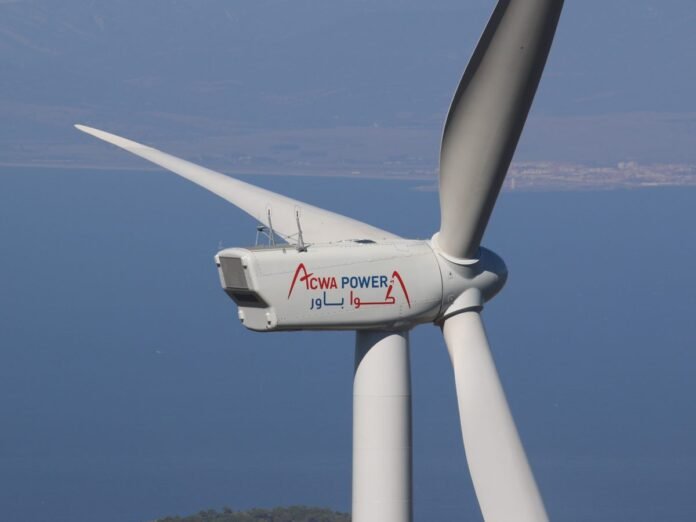Saudi Arabia’s ACWA Power Expands Green Energy Investments as it strengthens its position in Uzbekistan’s renewable energy sector. The company has committed over $15 billion so far and plans to raise that to $25 billion by 2030. This expansion aligns with Saudi Arabia’s growing global energy ambitions and long-term sustainability goals.
Since 2020, ACWA Power has launched major projects in several key Uzbek regions, including Bukhara, Tashkent, and Samarkand. Its latest project in Karakalpakstan, a region newly declared a “green energy zone,” marks another milestone. Saudi Arabia’s ACWA Power Expands Green Energy Investments through solar and wind farms that meet Uzbekistan’s clean energy targets.
In partnership with Uzbek authorities, ACWA Power signed agreements to develop solar plants with a combined capacity of 1,400 megawatts. These facilities will include 1,500 megawatts of battery energy storage systems. The company is also constructing a 1,500-MW gas-fired plant using combined-cycle technology in Tashkent. These initiatives will raise ACWA’s total generation capacity in Uzbekistan to over 8,000 MW.
Uzbekistan has improved its investment climate by offering tax breaks and streamlined regulations for foreign investors. These reforms, supported by the World Bank and Asian Development Bank, have attracted global firms like ACWA Power. As demand for renewable energy grows, Saudi Arabia continues to export its expertise and capital through strategic projects abroad.
ACWA Power’s presence now rivals UAE-based Masdar, another major player in Central Asia’s energy sector. Together, they dominate the renewable energy landscape in Uzbekistan. Saudi Arabia’s ACWA Power Expands Green Energy Investments not only to secure returns, but also to promote energy security, job creation, and technology sharing across borders.
Construction of the latest projects will begin in early 2026, following final regulatory approvals and site preparations. Once completed, the facilities are expected to begin operations by 2028, contributing significantly to Uzbekistan’s energy mix.


